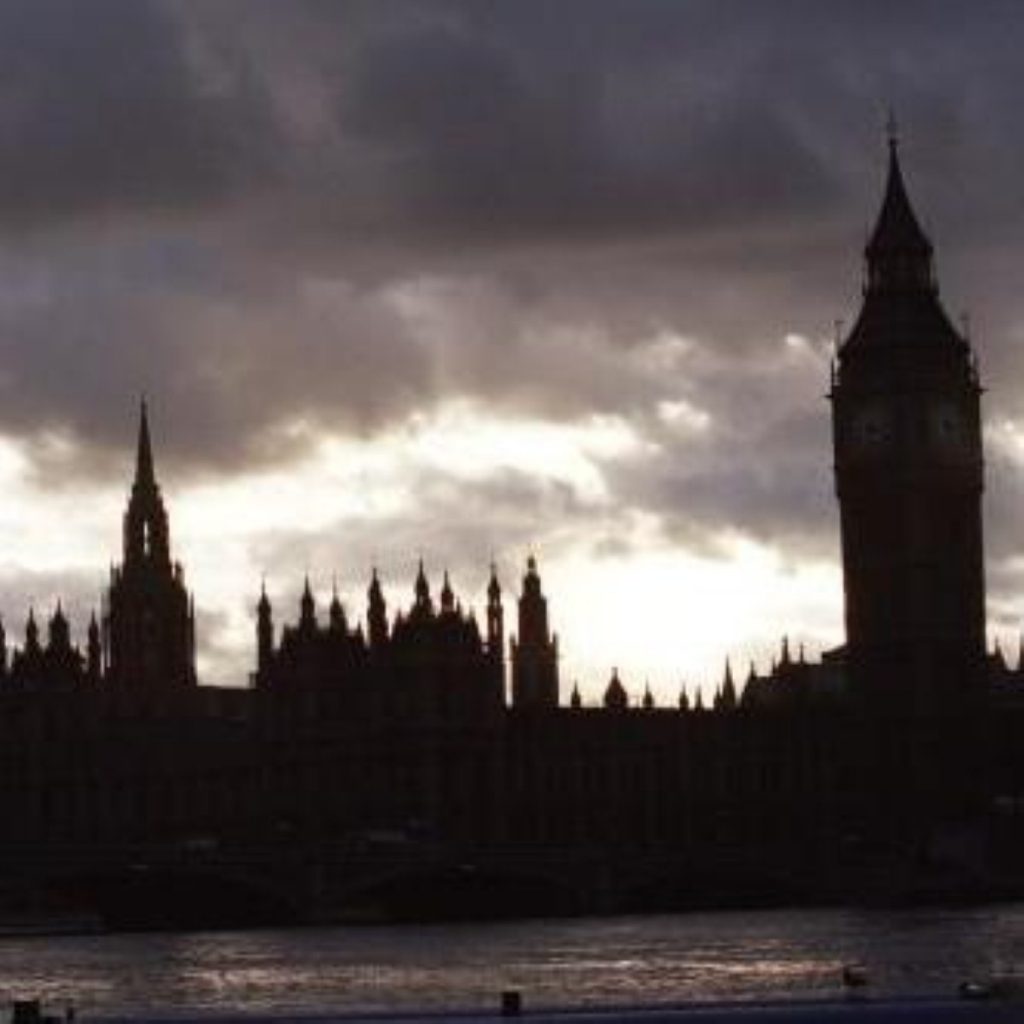Trident vote ‘a strong possibility’
A Commons vote on replacing the Trident nuclear deterrent system is a “strong possibility”, the prime minister said today.
Tony Blair refused to confirm that MPs would be given a say in whether to replace the submarine system, but noted that on other “sensitive” issues, such as Iraq, the government had allowed parliament to have its say.
His comments came as MPs on both sides of the House challenged the prime minister about the future of Britain’s nuclear deterrence, which has been a major issue ever since Gordon Brown publicly stated his support for Trident to be replaced.
A commitment to the nuclear deterrent was included in Labour’s 2005 general election manifesto, but such outspoken support from the chancellor – a possible future prime minister – prompted widespread concern.


Labour MP Jeremy Corbyn today questioned whether the government was still committed to its obligations under the 1970 nuclear non-proliferation treaty, which calls on the five main nuclear powers to steadily reduce their nuclear weapons.
“Rearming reduces any moral clout we have in encouraging other states not to develop nuclear weapons,” he told MPs during prime minister’s questions.
Mr Blair said “considerable reductions” had been made in Britain’s nuclear arsenal, adding: “Of course it is true that over time, if we can negotiate the terms of this, we want to see a reduction in nuke capability world wide. But it has to be done though negotiation.”
Another Labour backbencher, David Hamilton, then noted that defence secretary Des Browne had told MPs yesterday that there would be significant discussion on the issue of Trident replacement before a decision was taken later this year.
“Surely it is right, irrespective of one’s point of view, that the power comes back to the House to make the optimum decision? That is exactly how that should happen and the vote should be taken here,” he said.
The prime minister replied that the exact form of consultation that would follow the government’s decision on the issue had yet to be decided.
But he added: “I would point out that we have given a vote on very, very sensitive issues before and of course that is one strong possibility in relation to this particular case.”
Conservative MP Richard Beyon pressed him further, asking: “Why is the prime minister so determined to avoid a vote in the House on the nuclear deterrent? He may not have support from [his backbenchers] but he certainly does from this side of the House.”
Mr Blair replied: “We are not at all averse to votes in this House on extremely sensitive issues and I’m no doubt there will be a vigorous debate on this.”












